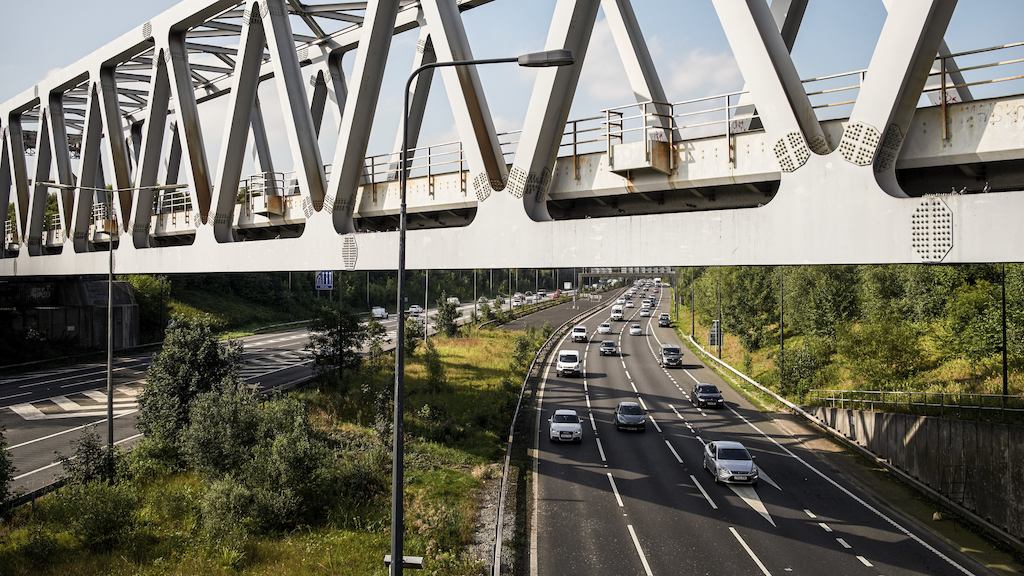London has had devolved government for over 20 years. Since 2015, nine mayoral combined authorities have been put in place in all of England’s significant conurbations. This now means more than 40% of England’s population live in regions led by metro mayors and they serve as economic and cultural hubs for as much as 75% of the population. What happens in them is therefore hugely important for supporting better ageing.
Metro authorities have a strong focus on place (something central government struggles with), are in touch with communities but also have the scale to make big positive decisions. Their key characteristics – significant devolved powers and funding, and leadership by directly-elected mayors – create significant potential for positive impact, improving older peoples’ lives and doing more to unlock their ability to contribute positively to the economy and society. Mayors are also making significant and impactful decisions, about housing, skills, transport, and in some cases health. The authority arising from their large personal mandates enables them to advocate and convene local action beyond the issues on which they have formal powers.
The government has recognised this potential. The Levelling Up White Paper contains commitments both to deepen devolution for existing metro regions, and to extend the concept so that all areas will have the option of mayoral devolution by 2030. This will serve to make the metro/mayoral tier of government even more important and an influence on even more lives.
In London and Greater Manchester, mayoral authority sits behind comprehensive plans addressing many different aspects of ageing – positioning metro leaders ahead of national government, which lacks a comprehensive cross-department strategy. Greater Manchester is the UK’s first Age-friendly City region and its 2018 age-friendly strategy is now being refreshed, incorporating learning about needs and opportunities from the pandemic. London has been part of WHO’s global network of Age-friendly cities and communities since 2018, and a comprehensive action plan is expected imminently.

